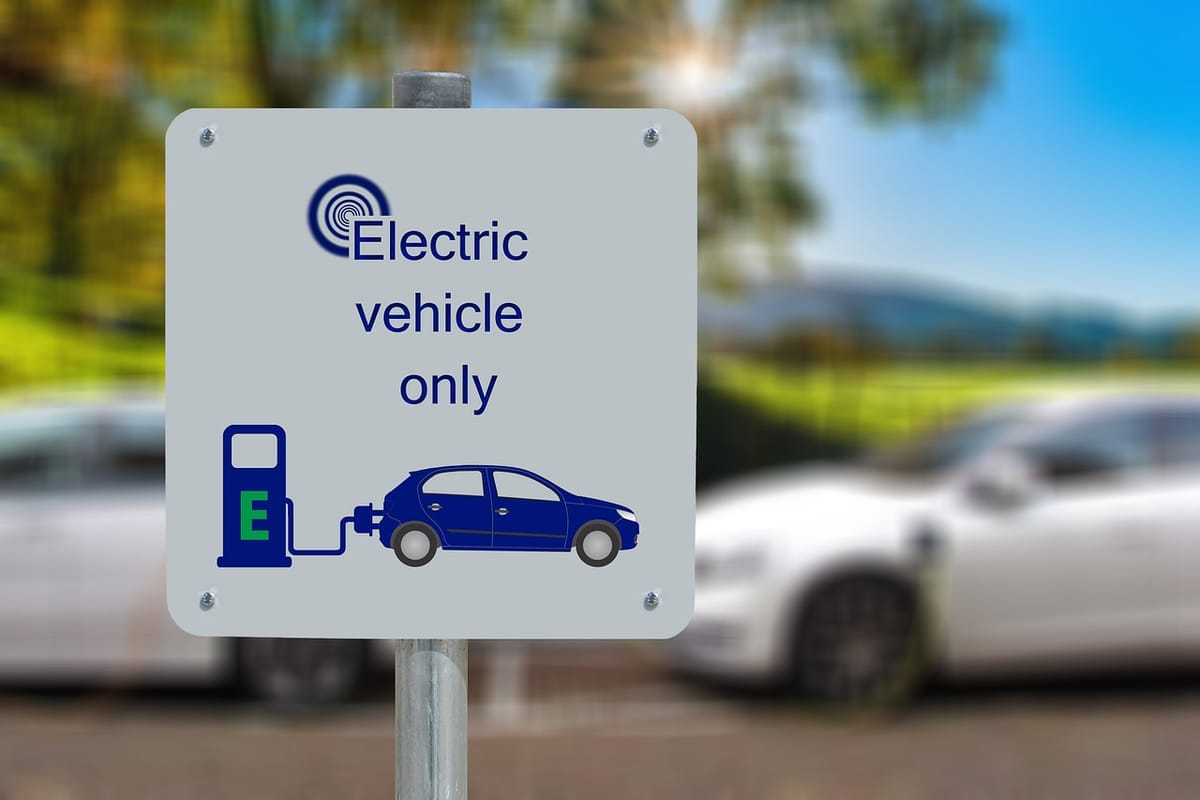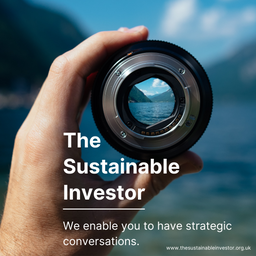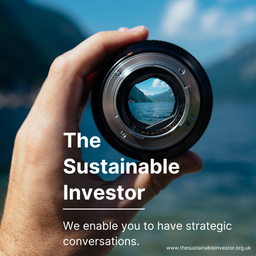
Sunday Brunch: do politicians lead or follow?
Most politicians follow not lead. And so we need to think less about our message, and more about if our proposal speaks to the values and aspirations of the wider population.
"Change from the top down happens at the will and whim of those below". Peter Block
All corporate strategy success relies on us persuading the vast army of employees, suppliers, investors, and stakeholders that the new way of doing things is better. And we know that successful sustainability related regulation and action is built on the back of strong and vocal public support.
Politicians by and large do not lead, they follow. The rise of social media means that it's possible to create a public outcry, often based on half truths or even outright lies. But politicians still have to tap into something that voters value. Political action does not exist in a vacuum.
The recent backlash against what is broadly called ESG investing suggests that we may have either misread the strength of public opinion or that we are pitching our message wrong. In thinking about how we can best overcome some of the roadblocks, we need to remember that we must bring the public (voters) with us. In much the same way that a company needs to work with the motivations and needs of their customers, we cannot take public support for granted.
And for investors, it's understandable that they are cautious about measures that don't seem to have strong public support. As we frequently say, politicians change their minds.
The implications for sustainable investing
While nothing is certain, as investors we look more positively on those policies that have broad public support. They are the ones that generally survive. By and large successful environmental regulation is built on the back of a consensus that action is needed. This in turn encourages politicians to react, often in a bipartisan way.
An often quoted example is the US Environmental Protection Agency. As a 2018 Journal of Public health article stated ... "one way to imagine a world without the EPA is to draw on our memory of what the environment was like before the agency was created in 1970."
For those not familiar with the work (and successes of the EPA) it's worth recapping how and why it was created.
It was born in 1970, with strong bipartisan support, by a Republican president who was not actually very interested in the environment. In doing so, the politicians were responding to public outrage, which in turn meant that lawmakers could no longer ignore the problem.
Obviously a lot has changed since 1970. The rise of social media means that we have a plethora of organisations trying to persuade us that their version of the truth explains the world. This was less of an issue for the politicians seeking to get the EPA up and running.
Unlocking the full potential of behavioural insights
If our environmental policy is to survive and prosper, we need to understand how its success will require change at an individual and societal level. A recent report from the EU policy lab "Unlocking the full potential of behavioural insights for policy" talks about this very topic. As they say in the report....
"Systematic change is fundamentally rooted in human behaviour. While structural, political, economic and technological factors may set the stage, it's the decisions and actions of individuals that ultimately drive change. "
A good example of this is quoted in the report. In March 2003, the 5-a-day campaign was launched by the UK government to encourage people to increase their daily consumption of fruit and vegetables to at least five portions. While it got good publicity (and the 'one of your five a day' tagline still exists) it didn't really change food buying and eating behaviour. The authors argue this is because it assumed that individuals lacked education and knowledge on healthy eating. And so education on its own would fix the problem. This ignores other systematic issues such as income and time/skills to prepare meals. Real progress on healthy eating needed a broad range of coordinated actions.

A point that is made in the report is that too often Behavioural Insights are added at the end of the process, often to 'fix' an existing policy. Instead we should be using them at the start, to inform and contribute to policy formulation.
A parallel we draw is where firms think that advertising can be a substitute for good corporate strategy. We don't design the product in isolation, and then expect good advertisements to sell it. Or if we do, we should not be surprised if the product or service fails financially.
In thinking about this we should take care to distinguish between what people say and how they act. Analysis carried out in 2021 (so before the recent ESG backlash) and reported in The Guardian observed that “the widespread awareness of the importance of the climate crisis has yet to be coupled with a proportionate willingness to act”. They go on to say that most citizens surveyed "believe they are already doing more to preserve the planet than anyone else, including their government, and few are willing to make significant lifestyle changes".

Coming back to the difference between good policy/strategy development based on a solid understanding of Behavioural Insights, and focusing too much on the message, a 2024 blog from Frank Soodeen (talking about post Brexit UK politics) highlighted that ...
"too often we start with the question of what message will change people’s minds; we should be thinking harder about if our propositions genuinely have some prospect of speaking to the values and aspirations of large enough cross sections of the public."

One point that he made that resonated with me was how central the cost of living pressures currently are to how large swathes of the voting population respond to environmental and social issues. And given this how easy it is for politicians and lobbyists to persuade people that good environmental actions will make them poorer.
We recently discussed how what people think about EV's (even when it's wrong) matters to EV sales. I am sure you can think of lots of other examples where incorrect information is acting as a barrier to positive change. But, we should not assume that just 'presenting the facts' is enough. As with new products, we need to appeal to people's values.

One last thought
Something we are seeing again and again is a sustainability related policy or regulation being proposed to great fanfare, only to be (quietly) scaled back, or even reversed. A global example of this is COP, but we also saw this recently at a more local scale with the reversal of the EU pesticide ban. If we are to make regulatory changes permanent, a greater focus is needed on the costs of sustainability related regulation.
Yes, we understand the longer term benefits, but every change will create financial costs, and we need to get better at funding the transition periods. And managing the impact on those who lose out from the change.

Please read: important legal stuff.






